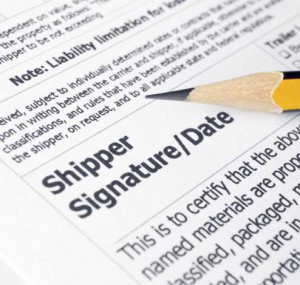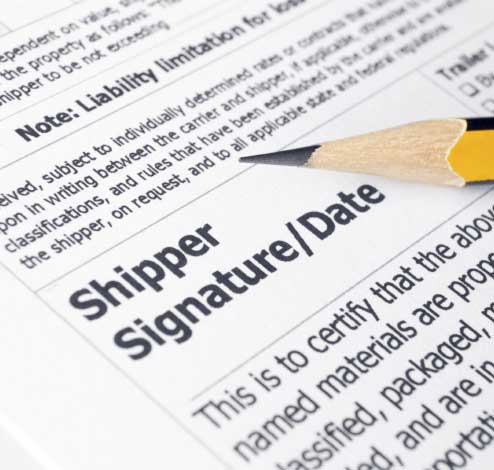Purchasing your surety bond through AFC International will ensure that your shipments have the appropriate bond as well as adequate coverage. AFC International, LLC provides competitive pricing and best-in-class service. AFC offers coverage on a single transaction basis or importers can purchase an annual surety bond, which is sometimes more cost effective. Read up on what you need to know about surety bonds as an import.
Why is a Surety Bond Required to Import Goods?
A party that imports merchandise into the United States or transports imported goods through the U.S. must provide a surety bond (customs bond) to U.S. Customs and Border Protection (CBP) to assure financial responsibility. The bond protects the U.S. government in the event the importer does not fulfill their obligation to pay monies due (e.g., duties, monetary penalties, etc.) while the goods are in Customs custody and/or following the release of the goods. Additionally, a continuous bond may allow importers’ shipments to be cleared through Customs with greater ease.
Paying Duties: It is the responsibility of the importer of record to pay duties. AFC International may advance duties an importer’s behalf as part of our services.
Surety Bond Acts as Insurance Policy

Similar to an insurance policy, if the importer fails to meet their financial obligation to the government, the surety is required to pay the amount owed to the government on behalf of the importer. Coverage includes monetary penalties such as liquidated damages. Customs can issue a claim for liquidated damages for a variety of reasons including failure to produce necessary documents on an import entry, failure to file an entry in a timely manner, pay duty owed, or failure to redeliver goods.
Surety Bond Amounts Depend on Types of Goods
The amount of a bond depends on the type of goods involved in the shipment. Typically, for single entry bonds, the bond must be equal to the Customs entered value of the goods plus the estimated duties. In some cases, a bond is required to be much higher than the entered value, such as if the goods are subject to an antidumping duty (ADD) or countervailing duty (CVD), if the goods are subject to Participating Government agencies (PGAs), or certain entry transactions also require a different bond amount.
Two Types of Customs Bonds Available
The two types of Customs bonds available are single-entry and continuous bonds:
- Single Entry Bonds (SEB) cover a single import transaction at one port of entry. This option is ideal for companies that typically have less than 4 imports into the U.S. per year and the goods have a low value. For each shipment, a new SEB would have to be purchased.
- Continuous Bonds cover all of an importer’s shipments, at all U.S. ports of entry, for a complete year. This option is ideal for large volume shippers or for shipments of high value
Enlist the Help of a Licensed Customs Broker
The import customs clearance process can be difficult to master on your own. A licensed customs broker will help to ensure your imports are cleared through Customs efficiently and in compliance with Customs laws.


Leave a Reply
You must be logged in to post a comment.